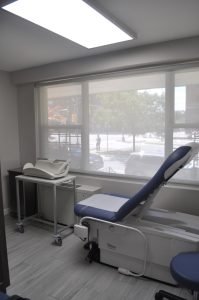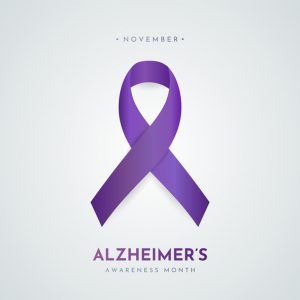 The MediSys Health Network, parent organization of Jamaica Hospital Medical Center and Flushing Hospital Medical Center, is proud to announce the opening of our brand new TJH office: Forest Hills Pediatric Specialists, a fully renovated, state-of-the-art office that provides accessible, advanced pediatric care to local patients.
The MediSys Health Network, parent organization of Jamaica Hospital Medical Center and Flushing Hospital Medical Center, is proud to announce the opening of our brand new TJH office: Forest Hills Pediatric Specialists, a fully renovated, state-of-the-art office that provides accessible, advanced pediatric care to local patients.
The office and is operated by a team of expert pediatric doctors, including:
Edmund Kessler, a pediatric surgeon with over 35 years of clinical experience. He performs over 500 abdominal wall hernia surgeries each year as well as appendicitis surgeries, general surgeries, and other procedures.
Hariram Ganesh, a pediatric endocrinologist with over 14 years of experience treating a variety of medical issues, including conditions related to puberty and the thyroid.
Esra Fakioglu, a pediatric infectious disease specialist with experience treating a wide range of illnesses affecting children ranging in age from infancy to young adulthood.
The doctors at Forest Hills Pediatric Specialists are affiliated with several New York City healthcare organizations, including the MediSys Health Network, providing patients with fast, easy access to world-class pediatric expertise and treatment both locally and at multiple major medical centers as needed for advanced procedures.
“We understand the importance of building and maintaining close relationships with all of our pediatric patients and their parents,” said Dr. Kessler. “Our team of doctors, nurses, and support staff aim not only to provide them with the highest quality of care, but also to ensure that it is delivered in a caring and compassionate manner.”
The Forest Hills Pediatric Specialists office is located at 107-21 Queens Boulevard, Suite 7, and is open Monday to Friday from 8:00 AM to 4:00 PM. For more information about the office, please call (718) 704-5020.
All content of this newsletter is intended for general information purposes only and is not intended or implied to be a substitute for professional medical advice, diagnosis or treatment. Please consult a medical professional before adopting any of the suggestions on this page. You must never disregard professional medical advice or delay seeking medical treatment based upon any content of this newsletter. PROMPTLY CONSULT YOUR PHYSICIAN OR CALL 911 IF YOU BELIEVE YOU HAVE A MEDICAL EMERGENCY.










